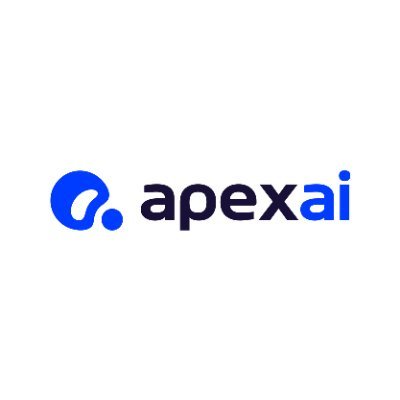Colorectal cancer diagnosis has long relied on invasive, subjective procedures. Apex AI's patent (No. 10-2021-0025707) introduces a powerful AI-driven system that objectively analyzes colonoscopy images to predict cancer risks—improving accuracy, efficiency, and patient outcomes.
Here's how it works:
Overview
The patent filed by Apex AI outlines a sophisticated system designed to predict the risk of colorectal cancer by analyzing colonoscopy images using artificial intelligence (AI). The system aims to overcome limitations of traditional diagnostic approaches, such as biopsies and manual image analyses, by providing a more objective, accurate, and efficient diagnostic tool.
Technical Background
Colorectal cancer (CRC) is a condition characterized by uncontrolled cell proliferation, which significantly affects bodily functions. Conventional diagnostic methods include tissue biopsy and imaging techniques (X-rays, MRI, etc.), both having limitations such as invasiveness, patient discomfort, potential inaccuracy, and high dependence on clinician experience.
Purpose of the Invention
The invention seeks to address these limitations by utilizing AI to analyze colonoscopy images systematically, providing quantitative risk assessments for colorectal cancer, thereby enhancing diagnostic reliability and accessibility.
System Components
The invention describes a colorectal cancer risk prediction system comprising three key modules (as depicted on page 14):
1. Base Condition Analysis Unit (기저질환 판단부)
- Utilizes AI algorithms to examine multiple colonoscopy images from various colon locations.
- Identifies and diagnoses basic colon-related diseases including inflammatory bowel disease (IBD), Crohn's disease, ulcerative colitis, polyps, low-grade adenomas, and high-grade adenomas.
2. Associated Disease Analysis Unit (유관질환 분석부)
- Analyzes the severity, location, size, color, and surface structure of detected colon diseases.
- Determines relationships between basic diseases and other associated conditions.
3. Colorectal Cancer Risk Calculation Unit (대장암 위험성 산출부)
- Synthesizes data from the Base Condition and Associated Disease Analysis units.
- Calculates individual risk scores for each identified disease, aggregating them into a final comprehensive colorectal cancer risk score.
Methodology
The AI-driven system employs the following methodology:
- Image Acquisition and AI-based Diagnosis: Acquires multiple colonoscopy images from distinct colon segments (rectum, sigmoid colon, descending colon, transverse colon, ascending colon, cecum, and appendix). AI algorithms classify the presence or absence of colorectal pathologies.
- Comprehensive Analysis of Pathologies: Evaluates pathology characteristics (location, severity, visual traits) to identify correlated disease patterns and potential progression pathways.
- Quantitative Risk Assessment: Computes risk scores for identified conditions, ultimately presenting an aggregate colorectal cancer risk profile that assists clinicians in making informed diagnostic and treatment decisions.
Advantages and Clinical Impact
This invention enhances early detection, diagnostic accuracy, and risk stratification of colorectal cancer, offering a substantial improvement over traditional diagnostic methods. The AI-driven approach significantly reduces subjectivity and human error, provides rapid assessments, and facilitates better clinical decision-making.
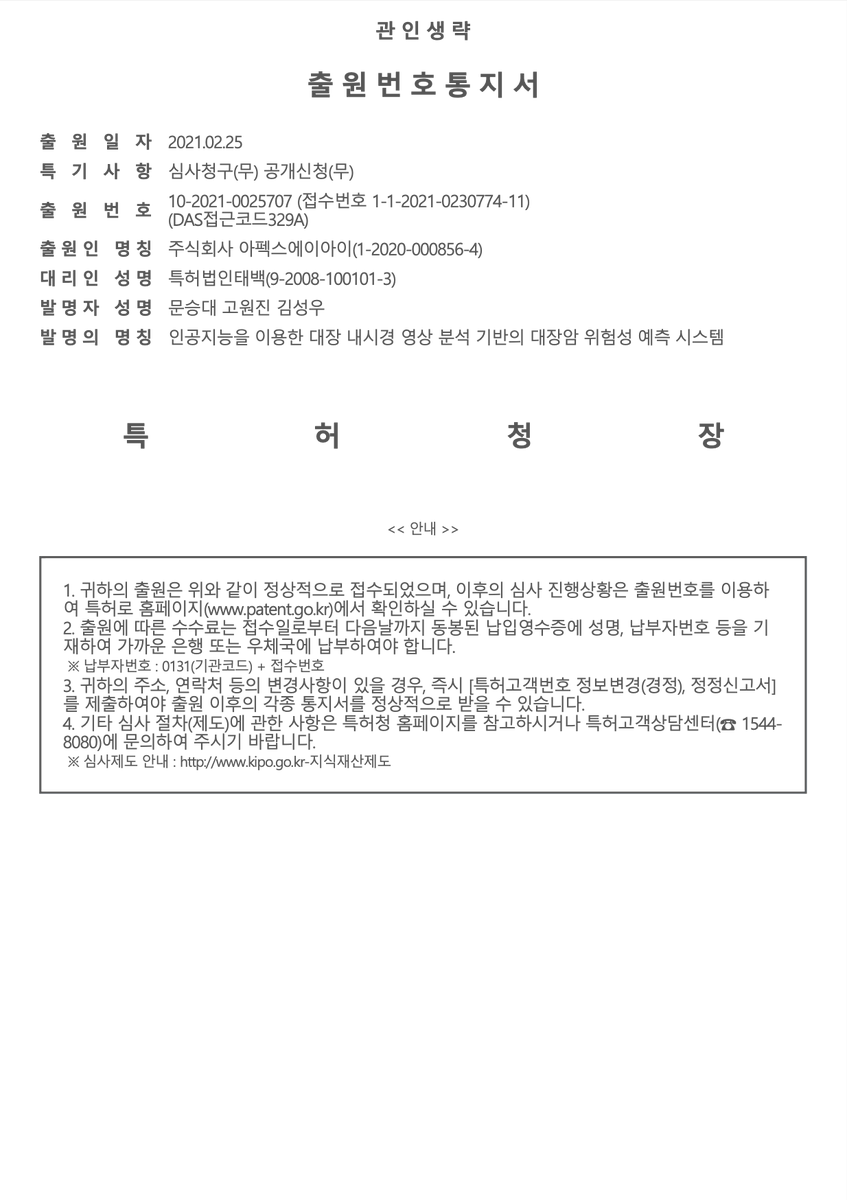
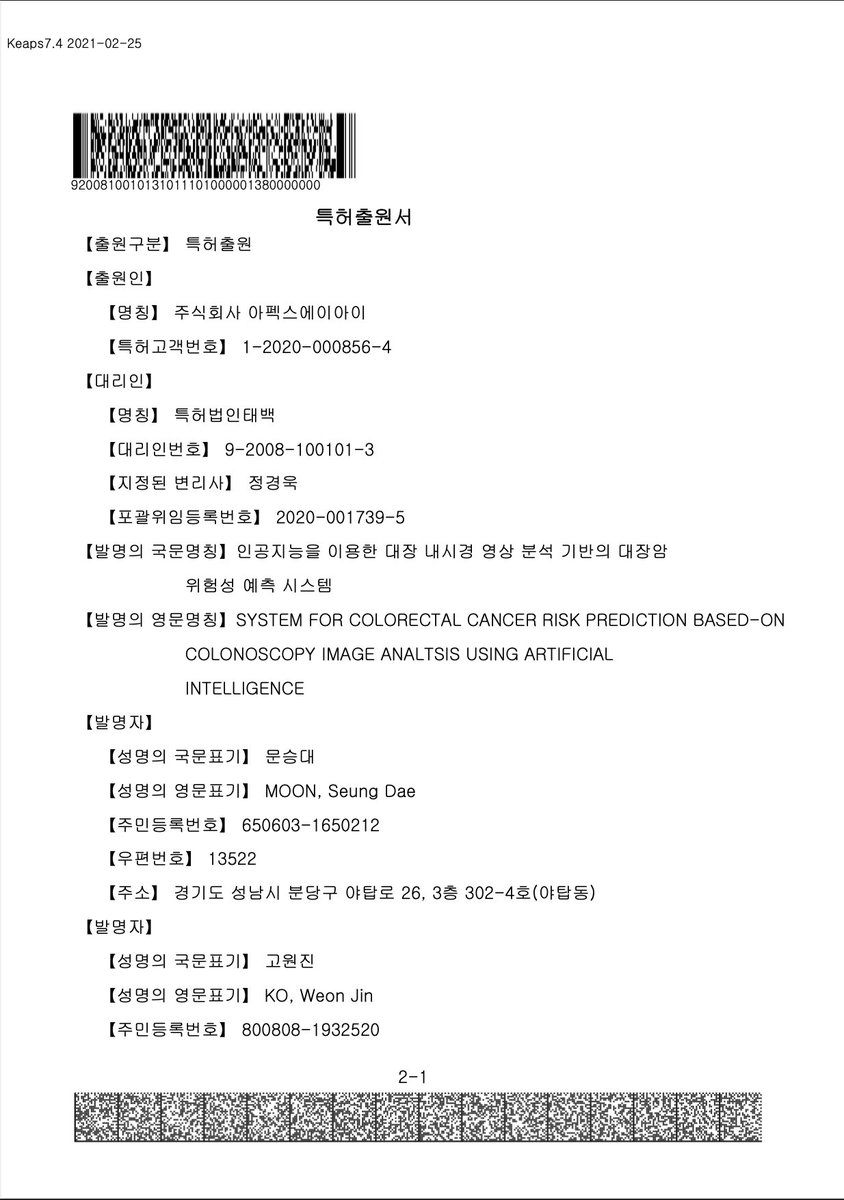
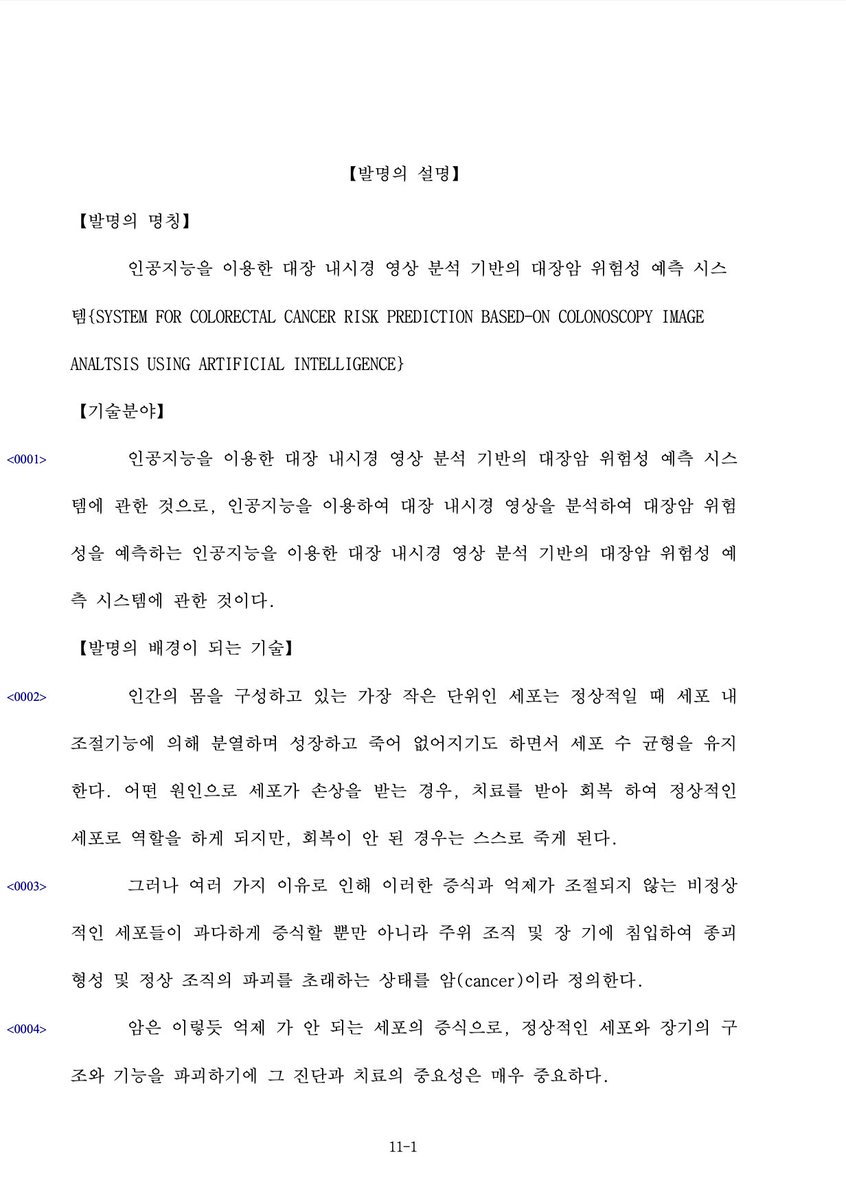
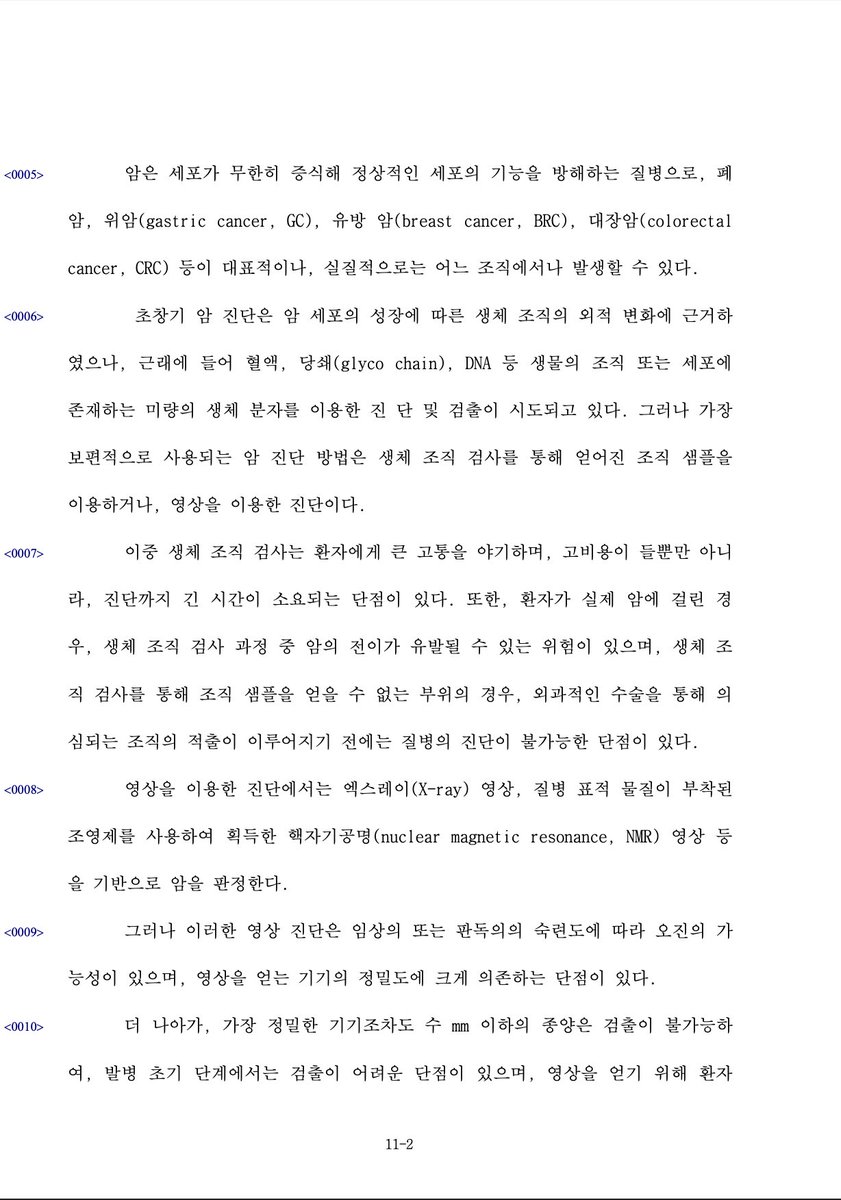
130
11.05K
The content on this page is provided by third parties. Unless otherwise stated, OKX is not the author of the cited article(s) and does not claim any copyright in the materials. The content is provided for informational purposes only and does not represent the views of OKX. It is not intended to be an endorsement of any kind and should not be considered investment advice or a solicitation to buy or sell digital assets. To the extent generative AI is utilized to provide summaries or other information, such AI generated content may be inaccurate or inconsistent. Please read the linked article for more details and information. OKX is not responsible for content hosted on third party sites. Digital asset holdings, including stablecoins and NFTs, involve a high degree of risk and can fluctuate greatly. You should carefully consider whether trading or holding digital assets is suitable for you in light of your financial condition.
